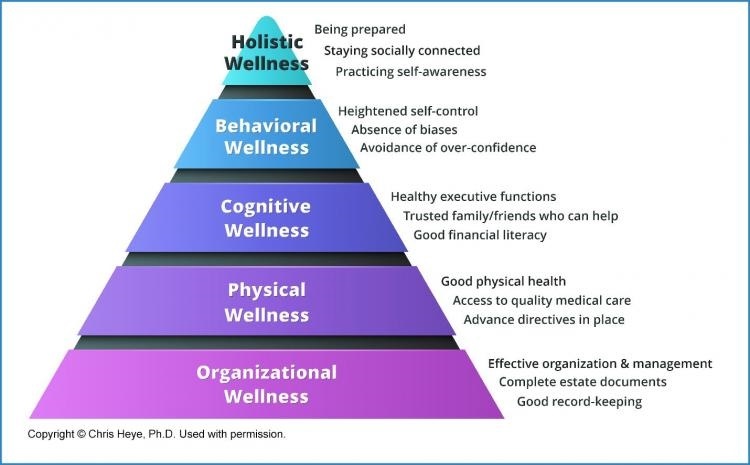Have you ever felt overwhelmed by your finances? I know I have. The stress and anxiety that can come from not having control over your money can be truly overwhelming. That’s why achieving financial wellness is so important. It’s about finding balance in your finances so that you can live a more secure and fulfilling life.
But what exactly is financial wellness? It’s more than just having a lot of money in your bank account. Financial wellness is about having a good understanding of your finances, being able to make informed decisions, and feeling confident about your financial future. It’s a state where your money is working for you, rather than the other way around.
So how can we achieve financial wellness? Here are some key steps that I have found helpful in my own journey:
1. Set Clear Goals: The first step in achieving financial wellness is to set clear goals. What do you want your financial future to look like? Do you want to save for retirement, buy a home, or travel the world? By defining your goals, you can create a roadmap for your financial journey.
2. Create a Budget: A budget is a powerful tool that can help you take control of your finances. It’s a plan that outlines your income and expenses, allowing you to see where your money is going and make necessary adjustments. Creating a budget requires discipline and honesty with yourself, but it’s the foundation of financial wellness.
3. Save and Invest: Saving and investing are key components of financial wellness. By saving money, you can build an emergency fund and have a safety net for unexpected expenses. Investing, on the other hand, can help you grow your wealth over time. Whether it’s in stocks, bonds, or real estate, investing is a way to make your money work harder for you.
4. Manage Debt: Debt can be a major roadblock on the path to financial wellness. It’s important to manage your debt and avoid unnecessary interest payments. This means paying off high-interest debt as soon as possible and using credit responsibly. By taking control of your debt, you can free up more money to invest and achieve your financial goals.
5. Educate Yourself: Financial literacy is key to achieving financial wellness. Take the time to educate yourself about personal finance, investing, and money management. There are plenty of books, podcasts, and online resources available that can help you expand your knowledge. The more you know, the better equipped you’ll be to make informed decisions.
6. Seek Professional Help: If you feel overwhelmed or unsure about your financial situation, don’t hesitate to seek professional help. Financial advisors can provide guidance and create a personalized plan based on your goals and risk tolerance. They can also help you navigate complex financial topics and provide peace of mind.
7. Embrace Mindfulness: Lastly, it’s important to cultivate a mindful approach to your finances. This means being aware of your spending habits, understanding your financial triggers, and making conscious decisions about your money. By practicing mindfulness, you can avoid impulsive purchases, save more money, and achieve greater financial wellness.
Remember, achieving financial wellness is a journey, not an overnight process. It requires patience, discipline, and a willingness to learn and adapt. But by taking small steps towards balance in your finances, you can feel more secure and confident about your financial future. So why wait? Start your journey towards financial wellness today.
